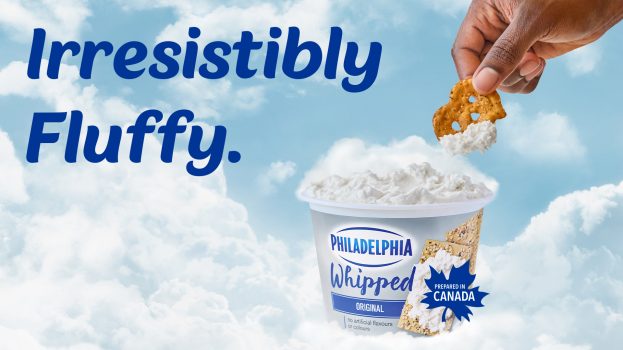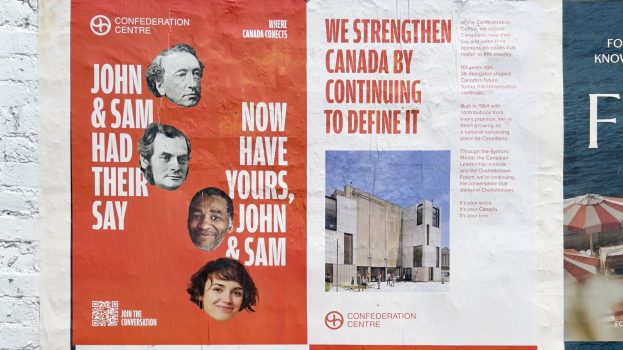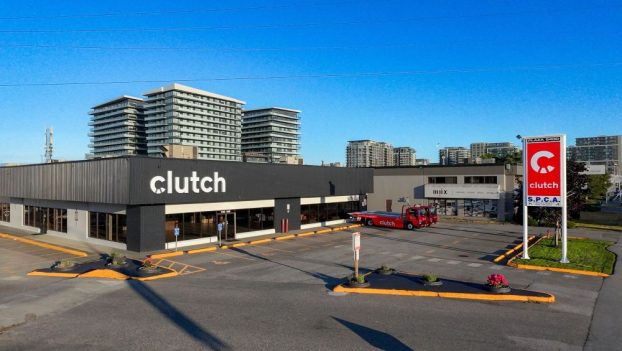As QSRs take their operations to take-out and delivery-only models, many are staying top-of-mind among Canadians by ensuring they are also active in their communities.
Subway Canada has made a donation of $500,000 to Food Banks Canada, equivalent to roughly one million meals, and is also delivering free meals to food bank volunteers and staff. Beginning on March 30, the QSR is also donating $2 from every purchase to Food Banks Canada, up to $650,000.
In addition to social creative that launched last week informing consumers about how they can contribute to the initiative, a new TV spot, created by DentsuBos, is debuting this week, using a mix of animation and pre-existing footage. Media buying is handled by Carat, with Veritas on PR and social media support.
[iframe_youtube video = “zj6stenGfqA”]
Like marketing departments across Canada over the last three weeks, Cristina Wells, country director at Subway Canada, says the QSR has also “had to pivot and adapt to daily changes that have been happening” during the COVID-19 pandemic.
Those changes include closing its dining rooms, adapting creative production to a work-from-home model and being sensitive to the kinds of messages Canadians want to hear right now, but Wells describes CSR as being a “natural fit” today, as many Canadians want to hear about ways to support communities. Being a partner with Food Banks Canada for several years – last summer, Subway launched a new program with the non-profit to address food insecurity among youth when not in school – also made it easier to step in as the need for donations presented itself.
Many QSRs have pivoted their messaging to be more informative over the last three weeks, keeping customers up to date on if they are open and how to access delivery options. Wells says that will continue to be part of the creative mix going forward, as it is the other main area consumers want to keep up-to-speed on. One of the more immediate pivots across messaging has been to make sure Subway’s tone of voice – typically more up-beat and often kooky or comedic – is appropriate for the current atmosphere.
“We’re not shifting who we are, I think it’s more about how we talk to our consumers,” Well says. “We’re pulling some different levers in terms of our voice and tone, but they’re ones we are used to pulling when it comes to CSR. We’re still trying to keep the tone positive, but we want the message to be serious.”
Within its own business, Subway previously provided relief for its franchisees by cutting its royalty fees in half, while forgoing standard advertising fees they pay to head office for marketing support. The effort began on Mar. 20 and will continue for at least another two weeks, and the QSR has not yet planned for a reduction in advertising as a result.
The QSR industry supports its franchisees and those in need
Subway’s move to support local owners comes amidst similar efforts by other restaurants operating a franchise model.
Recipe Unlimited (which owns Harvey’s, Swiss Chalet, St-Hubert, Montana’s and Kelseys, among others) has suspended the collection of royalty and advertising fees from its franchisees, and is also offering a 50% discount for first responders, hospital staff and police. MTY Group (which owns the Mr. Sub, Thai Express, Extreme Pita, Country Style and Yogen Fruz brands, among many others) suspended royalty franchisee payments for one month beginning on Mar. 17. Mediterranean chain Opa! of Greece is reducing royalty and marketing fees by 66% for its more than 100 franchisees for the foreseeable future.
QSR brands have also amplified their CSR work, specifically when it comes to addressing the needs of food banks and finding ways to support healthcare workers.
Beginning today and running until April 15, Quesada Burritos & Tacos is running a “virtual food drive,” allowing customers to make a donation to Food Banks of Canada through their online order, with the QSR matching donations up to $10,000.
On Mar. 26, chicken chain Nando’s announced it would bring free catered meals to hospitals near its locations across North America, as well as give free take-out to any nurse, doctor or healthcare worker. It is also providing 50 free meals a day per restaurant to laid-off members of the restaurant industry, as well as free meals for employees’ families, and customers will have the option to donate a meal to any laid-off industry worker or medical staff. It has also been deploying a “employee volunteer force,” with staff helping those in need in the communities in which it operates.
Two weeks ago, Tim Hortons launched a campaign showing a coffee truck that had made the rounds to several Toronto-area hospitals, delivering coffee and food. In the early days of the pandemic, Tim Hortons had faced backlash from Canadians after some individual franchisees were requiring sick notes from doctors in order for staff to receive paid sick leave.
























